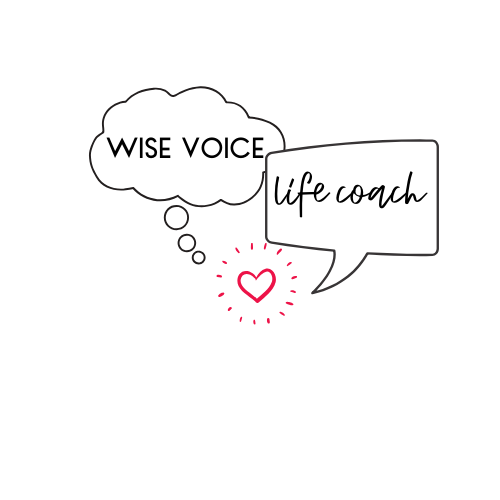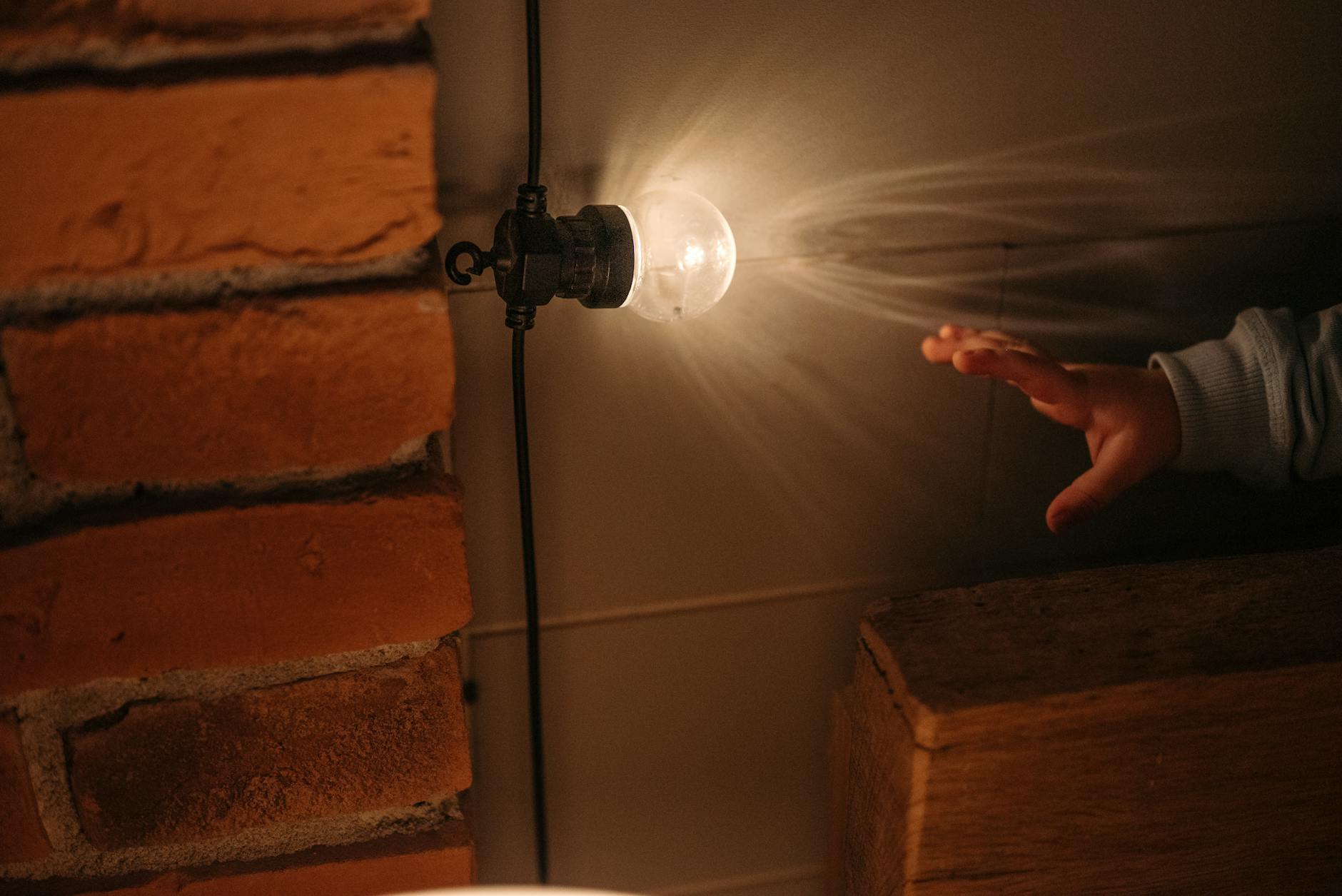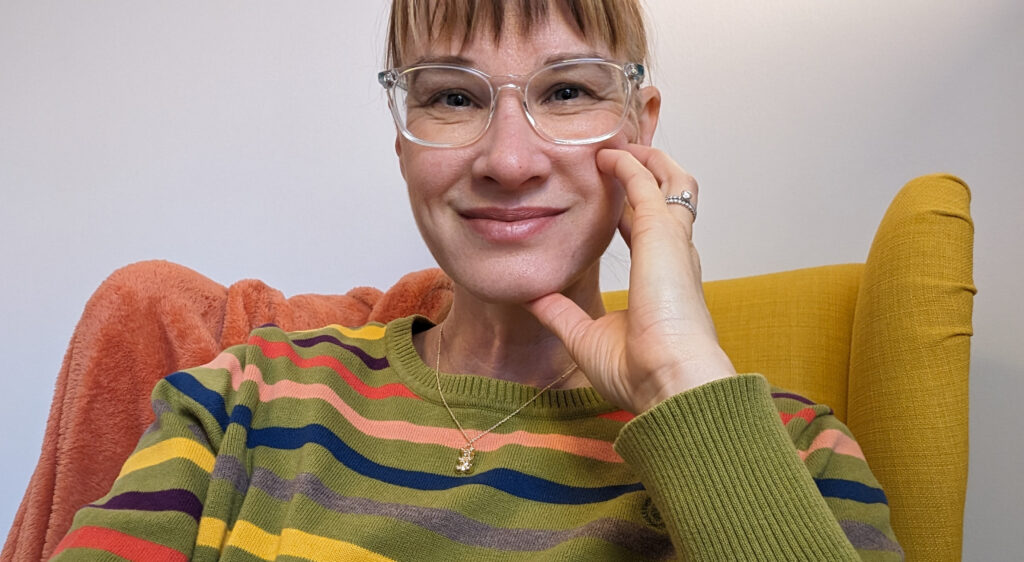Your narcissistic parent is not trying to hurt you.
(Well, some of them are definitely doing it on purpose, but that’s a different post.)
Most likely, your parent is just a really wounded person with very little self-awareness. Which means they say and do shit that hurts like hell—and then they pretend like nothing happened the next day.
It makes your heart hurt, but it also makes your head hurt.
Because you are such a strong, intelligent, empathetic person … you can’t understand why they say the things they say, and how it’s possible that they love you at all. The thing is, they love in a different way than most of us. They love with strings attached and backhanded compliments and snarky comments about your weight. You may or may not realize this, but, their love doesn’t feel how love is supposed to feel.
Especially not from a parent.
But, hear me on this: This has nothing to do with you.
They are lacking so many skills…They are literally incapable of loving you in the way you need them to. And when they say and do shitty things that make you feel like crap, it’s because they are a mess inside. And that’s the only reason. Their own internal mess. And you should learn to call it what it was: emotional neglect. (And in some cases, physical, psychological and/or emotional abuse.)
You experienced a very real childhood issue. Emotional neglect causes wounds that are unseen, but often deep and painful. Especially because you often don’t know what to call it, or even that anything bad or neglectful happened to you. I highly recommend learning more about the effects of emotional neglect and seeing if you notice your own story as you research. (I will write more about it as well, so stay tuned.)
Look, it doesn’t make it any less sad or lonely to be their child. But it makes a difference to be sad that your parent lacks the skills to be a good parent, vs sad because you aren’t lovable and your parent doesn’t care about you. Very different sadnesses.
When you realize this about a parent or parent figure, you can go through all kinds of emotions about it. You might feel angry, bitter, sad, hurt. Mostly, you’ll be grieving. Grieving who you thought your parent was, what you could have had, and what you will never get from them.
In most cases I’ve seen, the worst part of having a parent who is narcissistic is the intense, deep loneliness that it creates in you. You never get over this type of loneliness. It stays with you and can’t really be repaired. You just get used to it.
You may end up having chosen family members that help you feel less alone, more loved. Or you may develop a faith practice that helps you feel taken care of and hopeful. A word of warning here: Sometimes, when you finally experience what familial love is supposed to feel like, you can experience a huge wave of grief all over again for what you never had. It can bring up all the bitterness and sadness you thought you had processed, and you’ll wonder why you feel bad, now that you have the love you’ve always wanted. This is how layers of grief get processed, though. At the most inopportune times, and when you least expect them to come up. Thinking, “I should be happy,” isn’t going to help. Recognize that each milestone you reach, or relationship skill you learn, is probably going to come with some ugly or sad realizations about the parents you didn’t have.
When you find a good, healthy love from a partner, friend or chosen family member, you will understand what Love (with a capital L) feels like. But even so, there will likely be unanswered, burning questions in your soul.
Questions like
- Why doesn’t my parent love me?
- What is wrong with me?
- What did I do to deserve this?
- Why was I even born?
- Will I ever be good enough?
- Why did my narcissistic parent decide to have kids?
- Am I a narcissist because my mom/dad/grandparent was a narcissist?
- Does narcissism run in the family?
- Will I ever get over this? How can I move on?
Realizing what you never had is a shocking experience. And calling it what it was—emotional neglect and/or abuse can feel melodramatic or incorrect.
While I don’t encourage people to stay in victimhood as a way of life, I do encourage you to acknowledge the wrongdoing that happened to you. Naming it, owning that it happened, and that you are legitimately hurt by it can be empowering, actually. Rather than feeling like a victim, you might finally feel like you know and understand yourself better. And, a big side effect will be understanding the relationships in your life better. That’s truly invaluable.
In order to unlock the secrets hiding in your patterns, you need to look into the past, and see what stories are informing your current life. It doesn’t mean you need to reside there, dwell on it, or cry about it. But understanding your upbringing can give you so much insight into why you do the things you do now. And it can really help you make sense of stuff that just doesn’t make sense in your relationship patterns. People who are raised by a narcissistic parent can find themselves repeating that dynamic in their friendships and romantic connections, mostly because they don’t truly know what a healthy relationship looks or feels like.
One way to learn what healthy relationships feel like is to work with a coach. The relationship you are in with the coach can model what healthy feels like, and they can offer you guidance on what’s best for you, how to trust your own instincts more, and help you break patterns and reach goals that have been eluding you for years.
The biggest thing you need to learn, and one of the hardest, unfortunately, is that you’re lovable, worthy, and amazing. Even when your parent tells you the opposite. It’s time to stop listening to them, and find out what love truly feels like.
Hi. I’m Alana Sanborn, and my mission is to educate about narcissistic abuse, and help people heal from their experiences with a narcissist. I’ve helped dozens of clients understand narcissism, their own patterns, make positive changes in their boundaries, and recover from the manipulations of a narcissist in their lives. My approach is practical and strategic, while also providing comfort and validation for the emotional roller coaster that accompanies this type of healing. I come to this work from a long history of my own relationships with narcissistic people, and 20+ years of training and work as a mental health counselor and coach.




